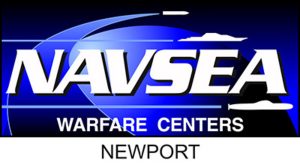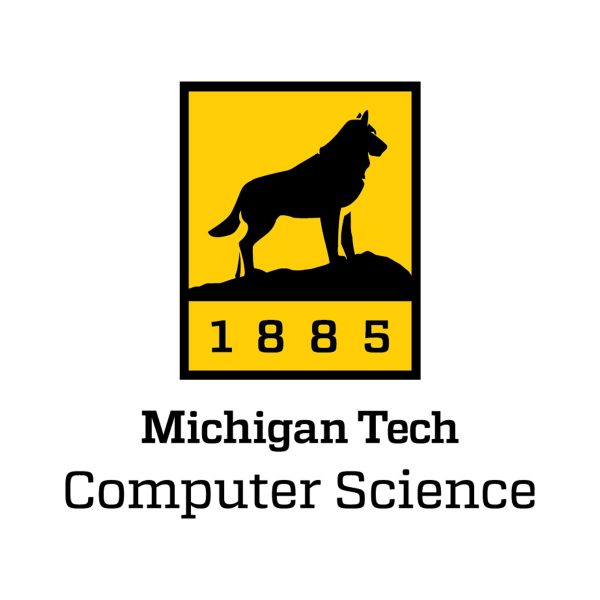by Michigan Tech IT
On Friday, August 13, 2021, at the conclusion of Summer Track B, Michigan Tech IT will be reverting remote access computer labs to in-person only labs in preparation for face-to-face instruction this fall.
If you have any questions, IT can help. Contact Michigan Tech IT at it-help@mtu.edu, call 906-487-1111, visit mtu.edu/it.

Timothy Havens, the William and Gloria Jackson Associate Professor of Computer Systems, has co-authored a paper recently published in The Journal of the Acoustical Society of America, Volume 50, Issue 1.
The paper is titled, “Recurrent networks for direction-of-arrival identification of an acoustic source in a shallow water channel using a vector sensor.” Havens’s co-authors are Steven Whitaker (EE graduate student), Andrew Barnard (ME-EM/GLRC), and George D, Anderson, US Naval Undersea Warfare Center (NUWC)-Newport.
The work described in the paper was funded by the United States Naval Undersea Warfare Center and Naval Engineering Education Consortium (NEEC) (Grant No. N00174-19-1-0004) and the Office of Naval Research (ONR) (Grant No. N00014-20-1-2793). This is Contribution No. 76 of the Great Lakes Research Center at Michigan Technological University.
Abstract
Conventional direction-of-arrival (DOA) estimation algorithms for shallow water environments usually contain high amounts of error due to the presence of many acoustic reflective surfaces and scattering fields. Utilizing data from a single acoustic vector sensor, the magnitude and DOA of an acoustic signature can be estimated; as such, DOA algorithms are used to reduce the error in these estimations.
Three experiments were conducted using a moving boat as an acoustic target in a waterway in Houghton, Michigan. The shallow and narrow waterway is a complex and non-linear environment for DOA estimation. This paper compares minimizing DOA errors using conventional and machine learning algorithms. The conventional algorithm uses frequency-masking averaging, and the machine learning algorithms incorporate two recurrent neural network architectures, one shallow and one deep network.
Results show that the deep neural network models the shallow water environment better than the shallow neural network, and both networks are superior in performance to the frequency-masking average method.
Citation: The Journal of the Acoustical Society of America 150, 111 (2021); https://doi.org/10.1121/10.0005536Steven Whitaker1,b), Andrew Barnard2, George D. Anderson3, and Timothy C. Havens4

Department of Computer Science faculty and students presented two posters, a paper, and chaired a session at the 26th Annual Conference on Innovation and Technology in Computer Science Education (ITiCSE), conducted online June 26 to July 1, 2021.
“A Visualization for Teaching Integer Coercion,” a poster presented by James Walker with Steven Carr, Ahmed Radwan, Yu-Hsiang Hu, Yu Chin Cheng, Jean Mayo, and Ching-Kuang Shene, was one of three posters that received the conference’s Best Poster Award.
The poster describes the Expression Evaluation (EE) visualization tool. The tool is designed to aid students in understanding type conversions that take place implicitly in C. Understanding type conversions is essential to avoid Integer errors in C which continue to be a source of security vulnerabilities.
An additional paper and poster were presented at the conference, below. Dr. Linda Ott chaired a conference session on Students: Diversity.
Poster: Modeling the Growth and Spread of Infectious Diseases to Teach Computational Thinking by Meara Pellar-Kosbar, Dylan Gaines, Lauren Monroe, Alec Rospierski, Alexander Martin, Ben Vigna, Devin Stewart, Jared Perttunen, Calvin Voss, Robert Pastel and Leo Ureel II
The poster discusses a simulation model developed to teach middle school students about the spread of infectious diseases augmented with affordances to help students develop computational thinking skills. The simulation was partially developed as a Citizen Science project in the courses CS4760 and CS5760, User Interface Design and Human Computer Interaction.
Presentation: Frozen in the Past: When it Comes to Analogy Fears, It’s Time For Us to “Let it Go” by Briana Bettin and Linda Ott
This position paper describes a fundamental difference in attitudes toward the use of analogy in the computer science education community versus other STEM education communities. Additionally, it provides suggestions for how to address concerns in the CS education research community in order to advance research into the use of analogy in computing education
The 26th annual conference on Innovation and Technology in Computer Science Education (ITiCSE) was sponsored by ACM, the ACM Special Interest Group on Computing Education (SIGCSE), the ACM Europe Council, and Informatics Europe.
The College of Computing is pleased to welcome new Department of Computer Science faculty members Dr. Dukka KC and Dr. Xinyu Lei.